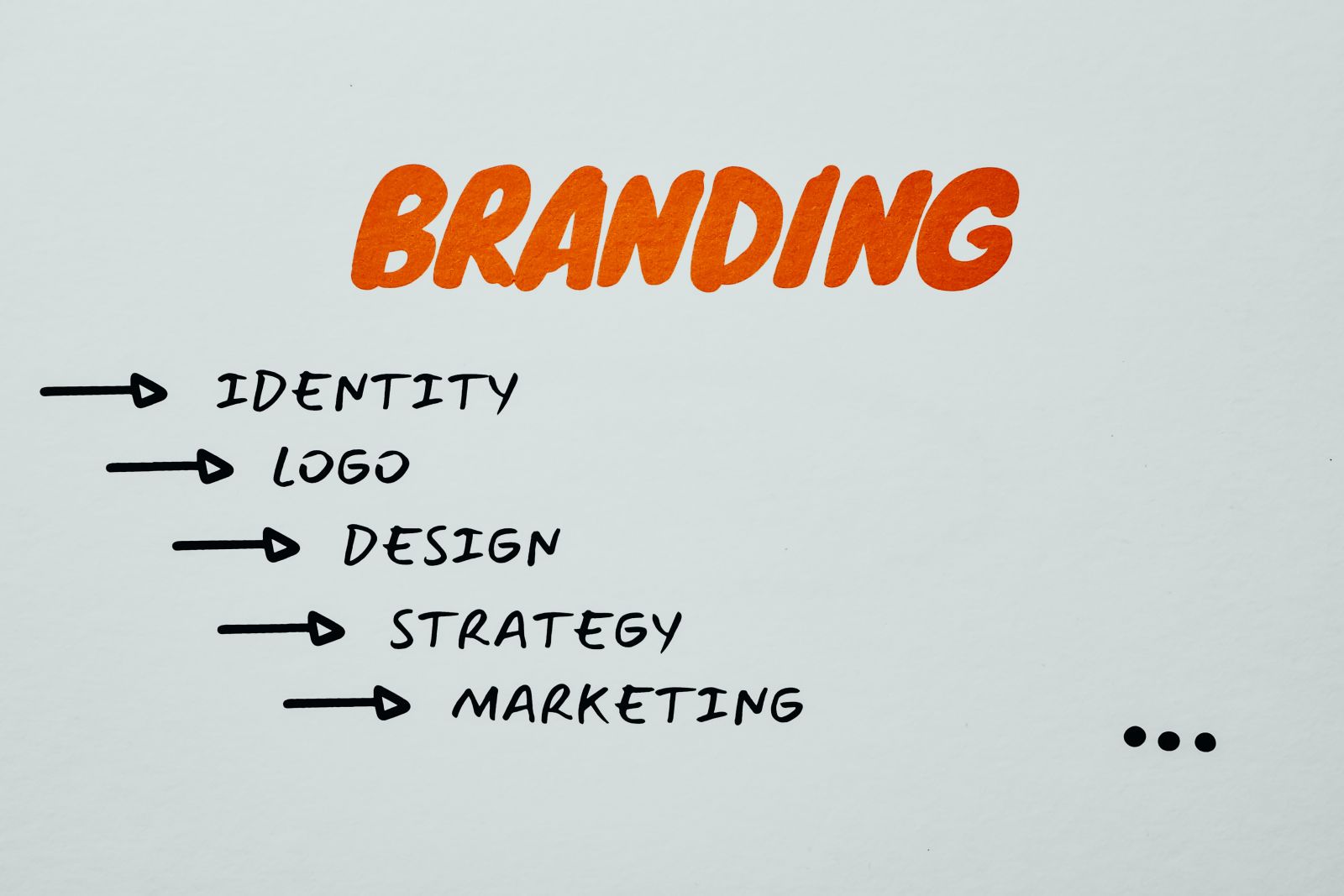Marketing is a huge spectrum of activities done to sell products with a profit. Here people come to the brand to purchase it. Brands do not have to chase customers to buy them.
For example, Sephora does not chase people to buy it. People want to buy Sephora. They save money to purchase one. This luxury positioning of the brand is due to marketing.
The 7P's of Marketing
Marketing includes a lot of aspects in it. To simplify it has been divided into the 7P's of Marketing. These are from the producer's point of view.
- PRODUCT - this includes the product or service that you are dealing with. It includes your Unique Selling Proposition, quality, features, and customer satisfaction after using it.
- PRICE – The price of the product/service plays a huge role in deciding whether the customer will buy it or not. To derive the perfect price, you need to accurately calculate your cost.
There are 2 types of costs that you incur while production. One is Fixed cost which is not dependent on the quantity you sell. For example, rent, electricity, wages, machinery, etc. This cost you will incur every time even if you sell more or less.
The second is the Variable cost. This cost is proportionate to the quantity you sell. For example, the raw materials. If you sell more, you will incur more costs.
You need to rightly derive at your cost and then add your profit to it.
- PLACE- the place is every point of sale, be it physically in a store or online via a website.
- PEOPLE- this includes everyone who represents your business- your employees, staff, salesperson, delivery person, managers, customer care, and you!
- PROCESS – this includes the method, and steps taken by the customer to order your product/service. The user interface needs to be simple to make the process easy. Everything that needs to be done from finding the product to having it in your customer's hand is included in the process.
Feedback, exchange, and refund are also a part of the post-purchase process.
- PHYSICAL EVIDENCE – it means the delivery of the product to the customer. When they can finally hold it in their hands that is the physical evidence of it. This is when they come to know whether the product was up to their expectations or not. Whether it was similar or different from the image they saw.
- PROMOTION – advertising your brand via various media platforms is called promotion.
 Steps of branding
Steps of branding
On the other hand, various scholars have proposed the 4C's of marketing. These have a more positive and customer-centric interpretation.
- COST – cost depends upon the affordability, satisfaction, and value that the product will provide to the customer. What will it cost the customer to buy your product? You need to do a lot of research on the perceived market value of your segment and price your products accordingly.
- CUSTOMER – you need to identify your target customer according to your product. Check whether it is worth it for them. After identification sees the current competition, their features, and your competitive advantage over them and finds a loophole. Position your product in that gap.
- COMMUNICATION – engage with your customers to make them understand what is in the product for them. How will the product improve their lives and solve their problems? Meaningful communication is the key to building customer loyalty and pump-up sales. Your communication should be clear, concise, and easy to understand.
- CONVENIENCE – it means how easy is it to purchase the item. Does the customer face any barriers? If yes, how are you going to remove that?
The communication or promotion part of the marketing mix is the role played by advertising. It creates a brand personality, positioning, popularity, and loyalty among the customer base. As a small business owner understanding the marketing mix is crucial to get an advantage over your competitors. It can help you compete with bigger business houses and brands.
If you can identify your target audience, your positioning, and your advertising budgets you can strategically get an upper hand over big brands.
---------
Shimbi Growth Labs
The team that helps you grow your business!
Sign up below for our newsletter to receive exclusive business growth tips in your mailbox
Established in 2005, Shimbi Labs was born with the idea of developing simple, powerful yet affordable software for freelancers and small businesses to help them grow.
Shimbi Labs is the creator of
Budo - Simplest Website Builder
Ninjin - Easiest Online Store Builder
Shimbi Invoice - Online Invoicing made easy.